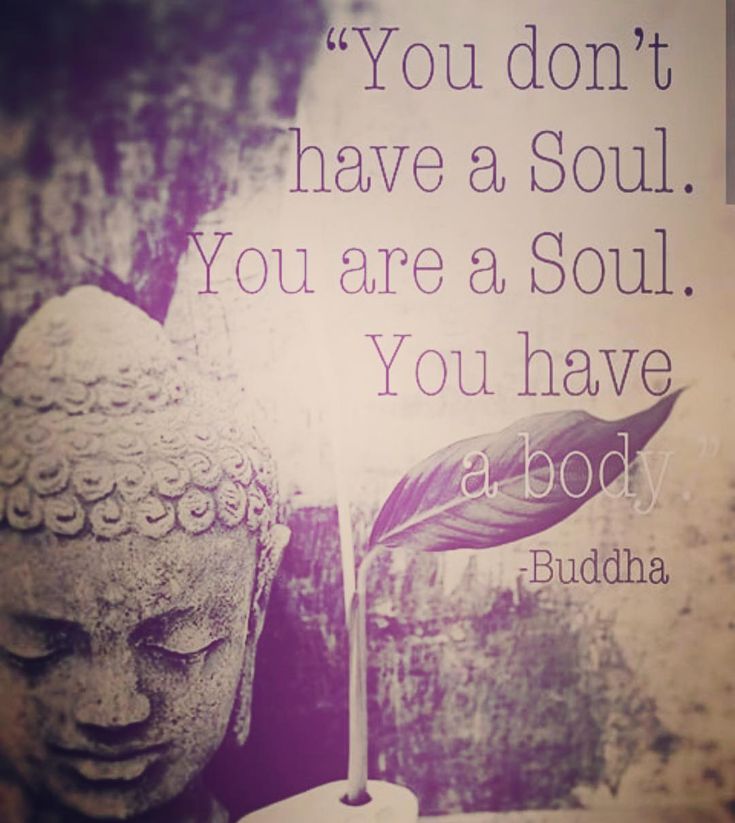In contemporary discourse, the question of the soul reverberates through various philosophical, spiritual, and scientific spheres. One might ask, do we possess a soul, or is the concept merely a vestige of archaic beliefs? The teachings of the Bahá’í Faith offer a nuanced perspective on this captivating inquiry, suggesting profound insights into the nature of the human essence and its connection to the divine.
The Bahá’í teachings emphasize the duality of human existence. Humanity is not merely a physical entity comprising flesh and bone; instead, it is viewed as a composite of both material and spiritual components. This dual nature underlines the notion that the human soul, often likened to an emanation of divine essence, is not only existent but also paramount in defining the authenticity of our beings. The interplay between our physical reality and spiritual existence beckons deeper contemplation.
In essence, the Bahá’í perspective posits that the soul is the immortal aspect of humanity, transcending the corporeal realm. Bahá’ís believe that each individual possesses a unique and eternal soul, which evolves and ascends through varying stages of spiritual development. This process reflects the capacity for continuous growth, akin to the flourishing of a flower that reaches for sunlight. The acknowledgment of the soul’s existence invites individuals to engage in a meaningful exploration of their spiritual identity.
One compelling reason for our fascination with the soul lies in its inherent association with identity. The query, “Do you believe you have a soul?” compels an introspective journey that delves into self-concept and existential purpose. The belief in a soul can guide individuals toward a greater understanding of their personal missions and the impact they wish to impart on the world. This concept resonates deeply within the Bahá’í teachings, where the pursuit of knowledge and virtue is encouraged as a means of navigating one’s spiritual path.
Furthermore, the Bahá’í Faith underscores the notion of interconnectedness among all souls. The idea that every individual is a reflection of the divine predicates a community that thrives on unity and collective growth. It invites adherents to reflect on their relationships with others and the responsibilities they bear towards the well-being of the global community. This intrinsic interconnectedness serves as a foundation for a more profound understanding of empathy and compassion, cultivating a culture where the sanctity of the soul—both personal and collective—is upheld.
An exploration of the soul’s existence also evokes inquiries regarding the afterlife. Bahá’í teachings affirm that the soul continues its journey posthumously, entering a phase of existence that transcends the limitations of physicality. The idea of an afterlife imbues our current existence with purpose; it encourages individuals to live in accordance with ethical principles and to elevate their spiritual station in preparation for what lies beyond. This perspective on the afterlife imbues a sense of urgency for spiritual cultivation and the pursuit of righteousness.
Individual and communal spiritual practices serve as a means to nurture the soul. The Bahá’í Faith advocates for prayer, meditation, and service as foundational elements for spiritual advancement. These practices not only foster a deeper connection with the inner self but also facilitate a tangible relationship with the divine. Through prayer, adherents commune with their soul, seeking guidance, wisdom, and strength. This engagement cultivates an awareness of one’s spiritual identity, reinforcing the belief in the soul’s existence and its divine origins.
Moreover, the teachings highlight the potential for human beings to embody the virtues of honesty, integrity, love, and humility as expressions of their spiritual identities. Engaging in acts of service and altruism not only supports personal spiritual growth but also enriches the fabric of society. The idea of living virtuously aligns closely with the intrinsic purpose of the soul and its role in manifesting divine attributes on earth.
As fascinating as the exploration of the soul may be, it also confronts existential dilemmas. The encounter with suffering, loss, and sorrow provokes questions about the nature of existence and the fate of the soul. Within the framework of the Bahá’í teachings, adversity is perceived as an opportunity for spiritual growth and refinement. The trials faced not only shape the character of the soul but also illuminate the potential for resilience and transformation.
In contemplating whether one believes in the existence of the soul, it becomes evident that the inquiry transcends the limit of mere skepticism. It evolves into a broader exploration of purpose, interconnectedness, and ethical living. The Bahá’í Faith beckons individuals to recognize the profound implications of the soul’s existence, urging adherents to engage with their spiritual potential actively. This process provides a pathway toward understanding one’s purpose, enhancing human relations, and ultimately contributing to a more harmonious world.
In conclusion, the contemplation of the soul within the Bahá’í teachings ignites a multifaceted dialogue regarding human existence. The teachings not only affirm the existence of the soul but also imbue it with significance, encouraging an exploration of spiritual identity that influences one’s choices and relationships. The quest to comprehend the nature of the soul intertwines with broader existential themes, weaving a rich tapestry of inquiry that continues to captivate and inspire.
